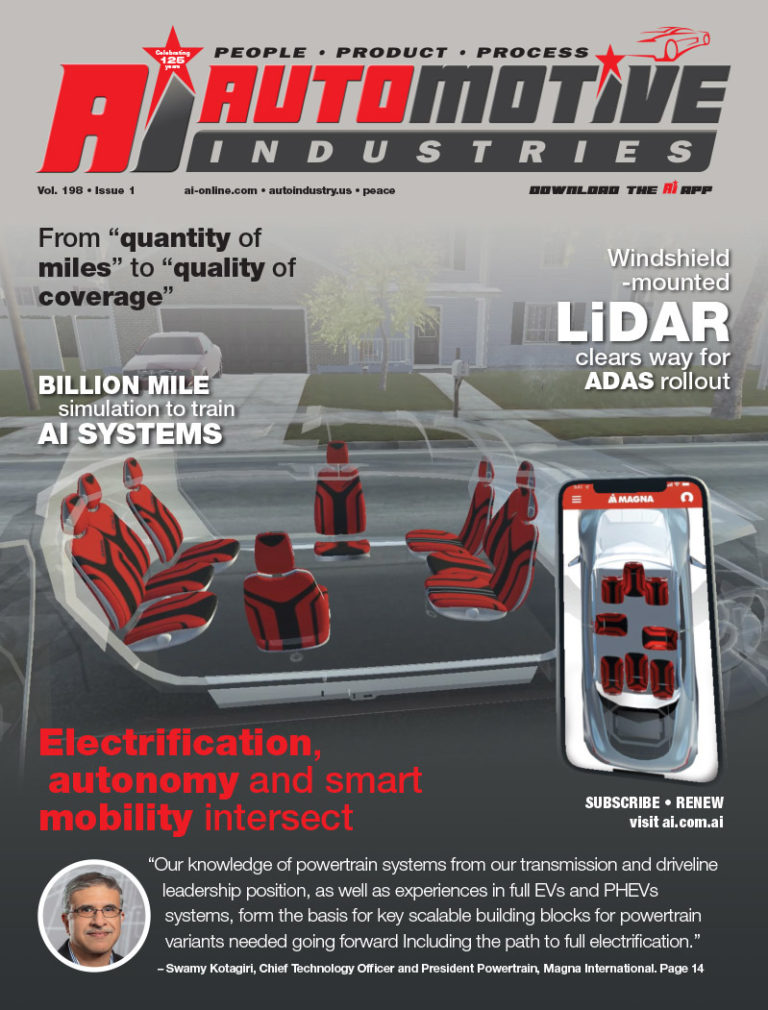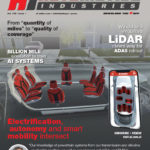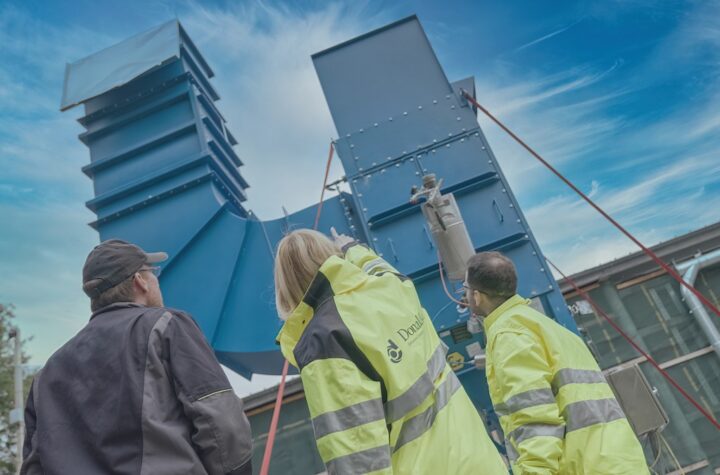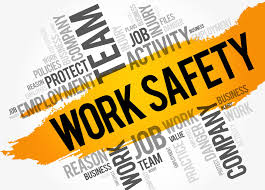Delegates attending the 9th International Electronics Recycling Congress (IERC) tackled a broad range of topics affecting this ever more important branch of the recycling industry. These included: the revision of the EU’s Directive on Waste Electrical and Electronic Equipment (WEEE); producer responsibility, collection and take-back systems; eco-labelling and auditing; recycling of liquid crystal displays; the environmental benefits of recycling; challenges in metals recycling; and investing during tough times. The wide-ranging programme also extended to country reports and an update on latest recycling technologies.
One of the leitmotifs of this year’s IERC was e-scrap standards covering, for example, collection, transportation, reporting, processing, auditing and certification.
Europe
In Europe, the WEEE Forum has been addressing since last year. The ultimate goal of the Forum – whose 21 members engaged in collection and take-back schemes of e-scrap within the EU and responsibly collected 1.5 million tonnes of e-scrap in 2008 – is improved protection of the environment. ‘The collection, storage, transportation, treatment and disposal of all kinds of WEEE should be improved to prevent pollution, minimise emissions and maximise the recovery of secondary feedstock material,’ Secretary General Pascal Leroy of the WEEE Forum stated in Salzburg. ‘Despite sustained efforts by most stakeholders, there remains a huge scope for improvement.’
To achieve its goals, the WEEE Forum began the WEEELABEX project in 2009 as a route to laying down a set of European standards relating to the collection, treatment, recovery and recycling of WEEE and to monitoring processing companies. The project, which has been approved by the European Commission and the EU’s member states, aspires to create a set of requirements based on legislation. However, it is more ambitious in the sense that its methodical and consistent requirement for documentation clearly goes beyond anything demanded by legislation. The project aims to address a number of concerns and emerging realities.
In the long run, says the Forum, the ‘WEEE Label of Excellence (WEEELABEX) will create a visible distinction between those operators that meet the highest standards and those that do not.’
United States
In the USA, there are currently two initiatives whose aim is to establish e-scrap standards.
The first is called ‘R2’ or, in full, ‘the Responsible Recycling (R2) practices for use in accredited certification programmes for electronics recyclers’. R2 was developed under the authority of a multi-stakeholder group of electronics recyclers and refurbishers, the US Environmental Protection Agency and manufacturers of electrical and electronic devices.
R2 is a set of voluntary best management practices for the electronics recycling industry. They are to be used by accredited certification bodies that audit the environmental and worker health/safety performance of electronics recyclers. According to John Lingelbach of Decisions & Agreements, the US company responsible for the execution of the R2 initiative, the project has been initiated because customers will increasingly ‘insist on third-party certification to a performance-based standard that reflects their customers’ and shareholders’ values’.
The second US initiative relating to electronics scrap is e-Stewards Certification which takes the responsibility of the whole e-scrap chain further than R2. This was developed by green organisation Basel Action Network (BAN). In Salzburg, BAN’s founder Jim Puckett called e-Stewardship ‘the global solution for e-waste management’.
e-Stewards are a group of leading North American e-scrap recyclers and asset managers who have been qualified as upholding the highest standard of environmental and social responsibility. It is a full-accreditation, third-party-audited certification programme. Among the e-Stewards founders in the USA are: Boliden, California Electronic Asset Recovery, Cascade Asset Management, ECS Refining, Electronic Recyclers International, Green Citizen, Hesstech, Metech, Redemtech, WeRecycle!, Total Reclaim and Waste Management Recycle America. In addition, there are currently 43 licensed and pledged e-Steward recyclers which are committed to becoming certified by September 2011.
According to BAN, there is an obvious need for a global, mainstream, accredited, independently-audited certification programme assuring conformity to a practical but principled global standard which is consistent with international law and which would benefit both recyclers and OEMs.
E-stewardship is not limited to North America. Any company operating in an EU or OECD country can contact BAN and become certified.
The 9th International Electronics Recycling Congress (IERC), organised by Swiss company ICM took place in Salzburg, Austria, in late January and attracted a record attendance of more than 400 delegates from 33 countries. In addition, the event drew 34 exhibitors to the parallel trade show – including equipment manufacturers and service providers. Over the years, IERC has become the international platform for discussion of the latest developments and challenges relating to worldwide waste electrical and electronic equipment (WEEE).














































 Endicott Interconnect Technologies, Inc. Earns ISO 13485 Certification
Endicott Interconnect Technologies, Inc. Earns ISO 13485 Certification


